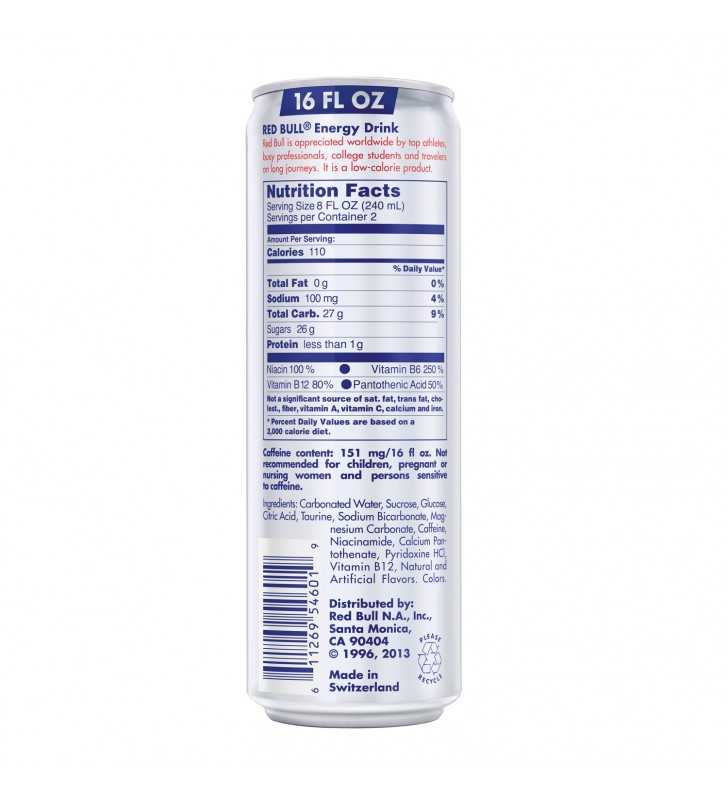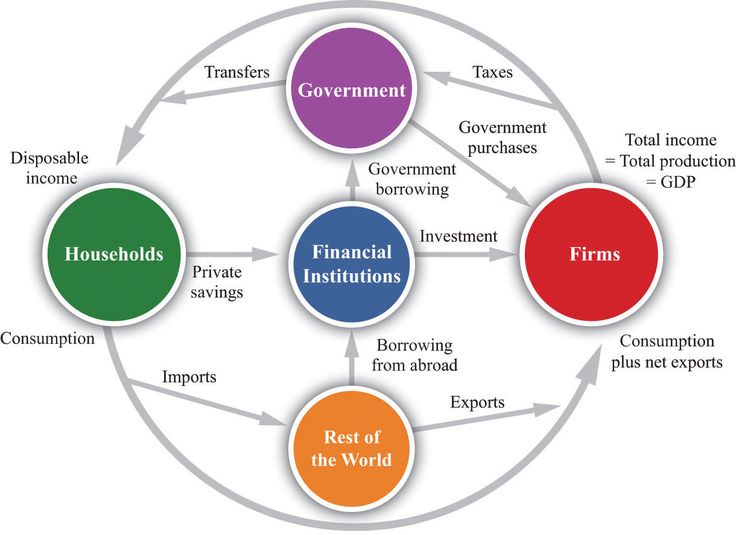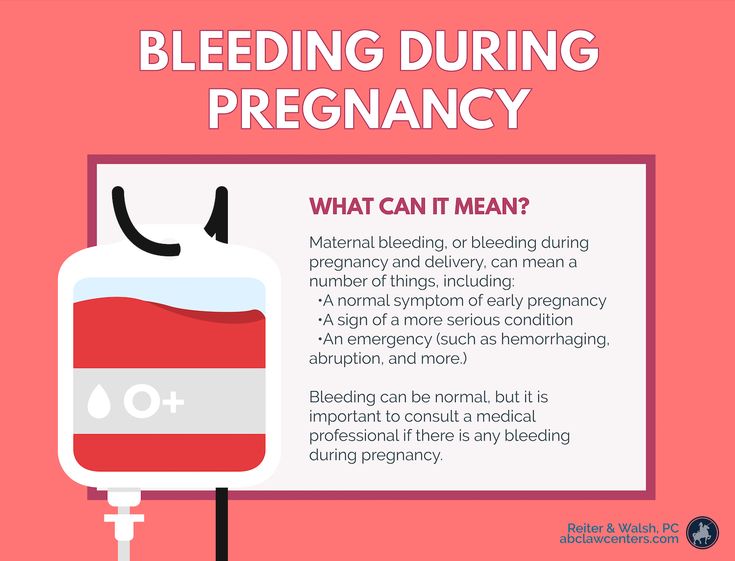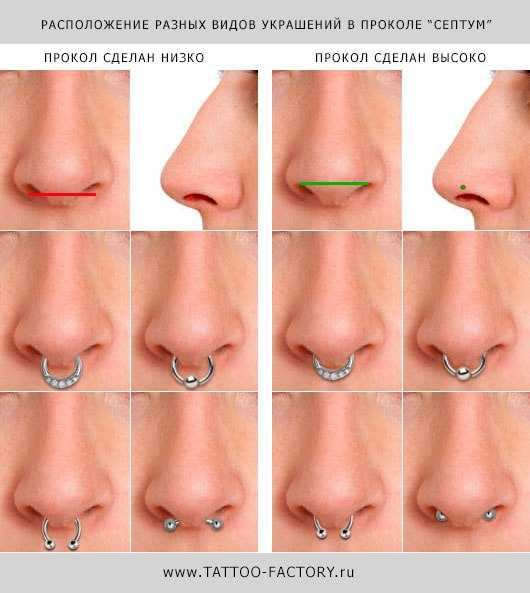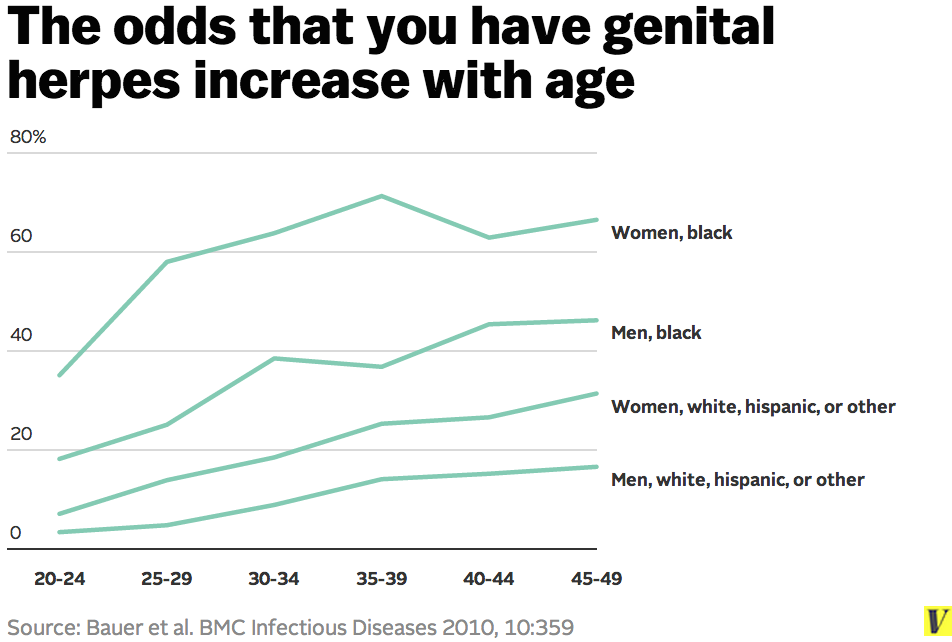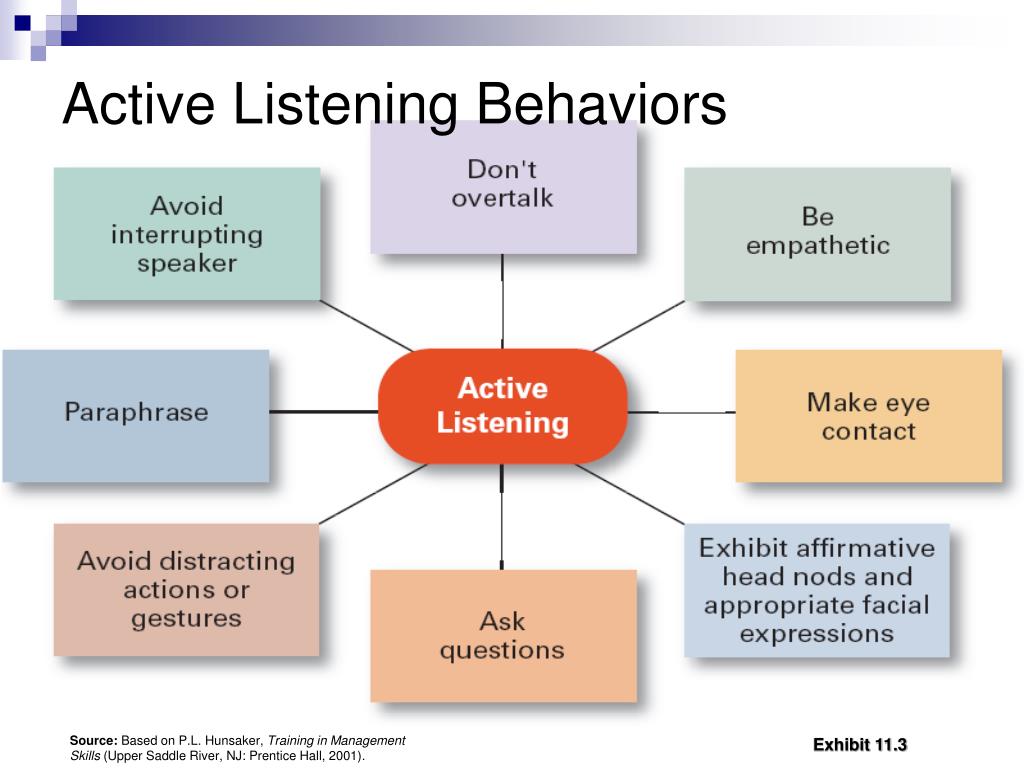Caffeine free energy drinks for pregnancy
Energy Supplements for Pregnancy - Caffeine Free Energy Drink
Made in USA
Non-GMO
Description
No coffee? No problem! Here's a caffeine-free, pregnancy-safe multivitamin drink mix. Designed to give you the energy you need while trying to conceive, expecting, and even postpartum.* Our caffeine-free energy drink for pregnancy is also gluten-free, vegetarian, and non-GMO, with a natural watermelon flavor.
Directions
Use before, during, or after pregnancy.
Mix one packet per day with at least 12 ounces of water (or your favorite smoothie) whenever you need an energy boost. Stir or blend well to completely dissolve.
Great for...
Each serving is packed with B vitamins to boost your metabolism and give you the support you need to keep your energy up all day.*
It’s natural, caffeine-free, and stimulant-free.
! “Take the sachet packets of energy supplements for pregnancy with you on-the-go, and you'll always have an energy boost at the ready!”
Key Ingredients
Your unique parenthood journey needs and goals are addressed with a curated selection of our ever-growing list of natural active ingredients.
DHA Algae Based
*Do not use this product if safety seal on flap is torn or missing.
Pair Vitamins
for Better Results!
Pregnancy Energy Boost pairs well with our Prenatal Vitamin. Doctors recommend taking a Prenatal Vitamin for at least 3 months before conception and throughout an entire pregnancy.
Prenatal Vitamin*
- Regular price
- $34.99 Subscribe and Save 20%: $27.99 Subscribe and Save 20%: $27.99
- Sale price
- $34.99 Subscribe and Save 20%: $27.99 Subscribe and Save 20%: $27.99
- Unit price
- /per
Save Sold out
Frequently Asked Questions
Does Premama Energy Boost Drink Mix contain caffeine?
No, Premama Energy Boost drink mix does not contain caffeine and it is completely pregnancy safe.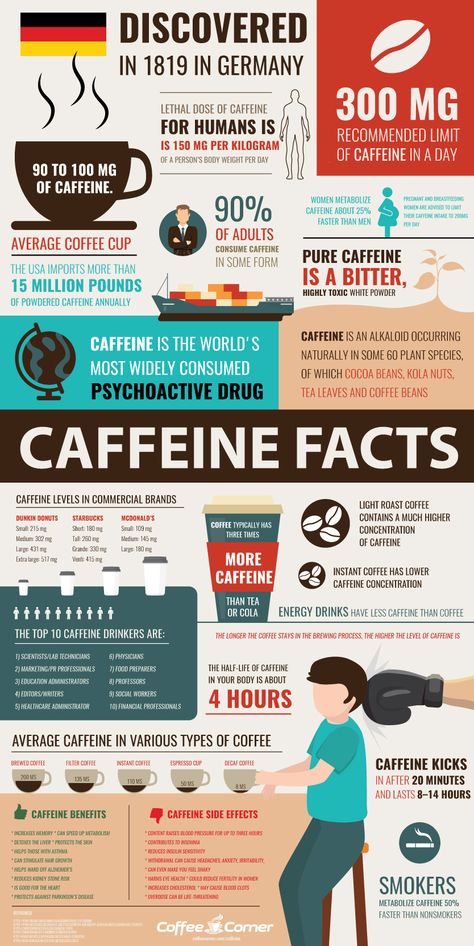
If Premama Energy Boost Drink Mix is caffeine-free, what ingredients are in it?
The driving ingredients in Energy Boost drink mix are essential B-vitamins and omega-3's.
What is Vitamin B6?
Vitamin B6 assists in the development of your baby’s brain and nervous system.* Learn more here.
How often should I drink Energy Boost Drink Mix?
You can drink one serving per day to replace your morning cup of coffee.
Should I continue taking my Premama Prenatal Vitamin while also taking Energy Boost Drink Mix?
Yes, Energy Boost Drink Mix is meant to be consumed on an as-needed basis while your Premama Prenatal Vitamin should be consumed daily.
Customer Reviews
Prenatal Energy Drink | Natural Energy for Pregnancy
Aides Carry
Giving up coffee was the hardest part of my pregnancy. I could hardly keep my eyes open, especially in my first and third trimesters.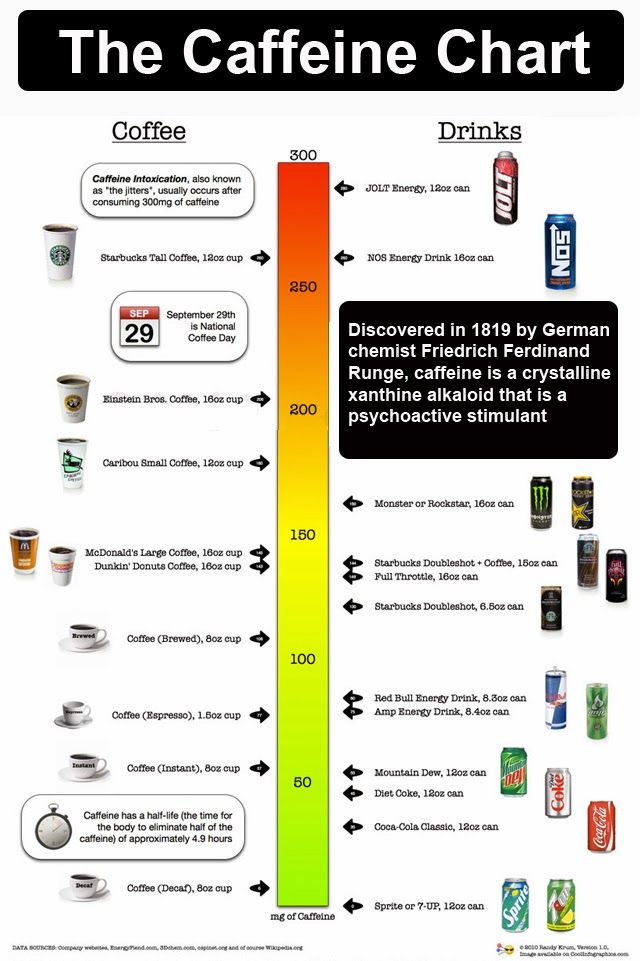 I looked for healthy natural alternatives to no avail.
I looked for healthy natural alternatives to no avail.
Giving up coffee was the hardest part of my pregnancy. I could hardly keep my eyes open, especially in my first and third trimesters. I looked for healthy natural alternatives to no avail. When our team began conceptualizing a safe, prenatal energy drink for pregnant women, I was thrilled. During pregnancy, women are encouraged to put caffeine on hold. Doctors suggest only one cup of coffee per day – if at all. Due to the potential dangers of caffeine, we knew extensive research would have to be completed to ensure each ingredient would be safe for mama and baby.
Energy drinks and pregnancy just don't mix. Many energy drinks out there have copious amounts of Caffeine, Taurine, and numerous other ingredients harmful to pregnant women. They also have crazy, unpalatable flavors. Such scented flavors are essential to steer clear of while moms to be experience morning sickness.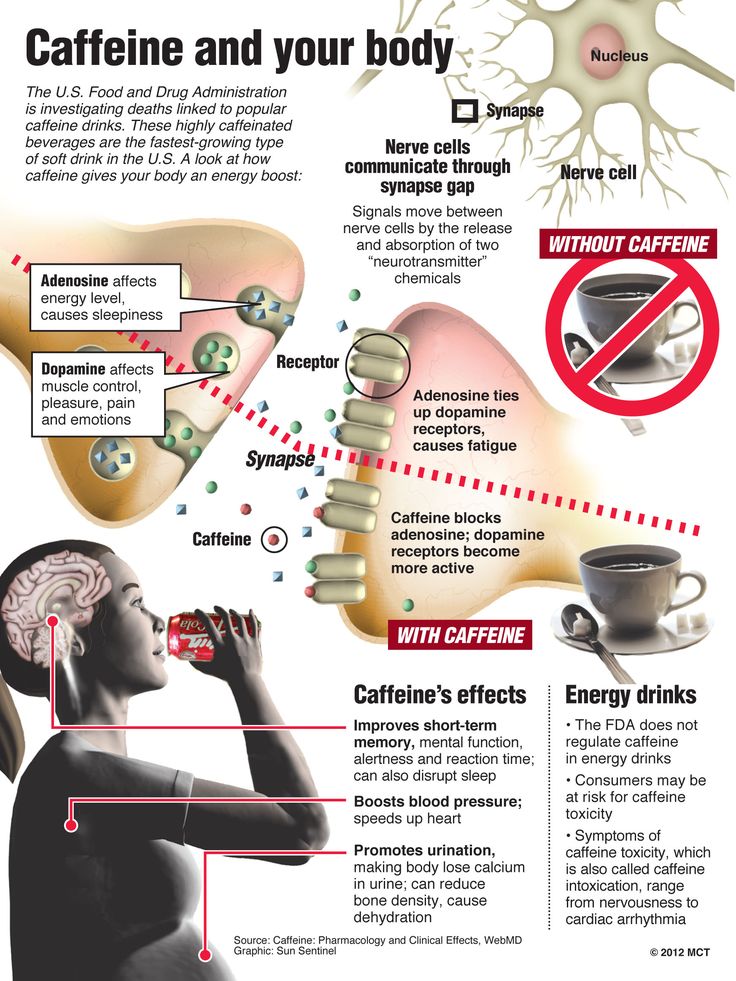 So how do you gain energy while pregnant without harming your body? One option is to try our prenatal energy drink.
So how do you gain energy while pregnant without harming your body? One option is to try our prenatal energy drink.
We tried roughly nine different flavors, ultimately landing on watermelon as the tastiest and most refreshing! We have chosen to make this a prenatal energy drink mix rather than a chew or gummy because staying hydrated throughout the day is critical for pregnant women. Most women need an energy boost in the morning or throughout the work day. Why not make it easy to take on the go? It’s also great to drink during prenatal workouts.
What is Premama Prenatal Energy Drink Mix Made of?For ingredients, we selected Vitamin B6 and Vitamin B12 for Premama Energy Boost caffeine-free energy drink because they boost energy and soothe the effects of morning sickness—two essential needs during pregnancy. Vitamin B12 during pregnancy is very important; a B12 deficiency can have serious lasting effects on your baby and this ingredient is potentially as vital as Folic Acid.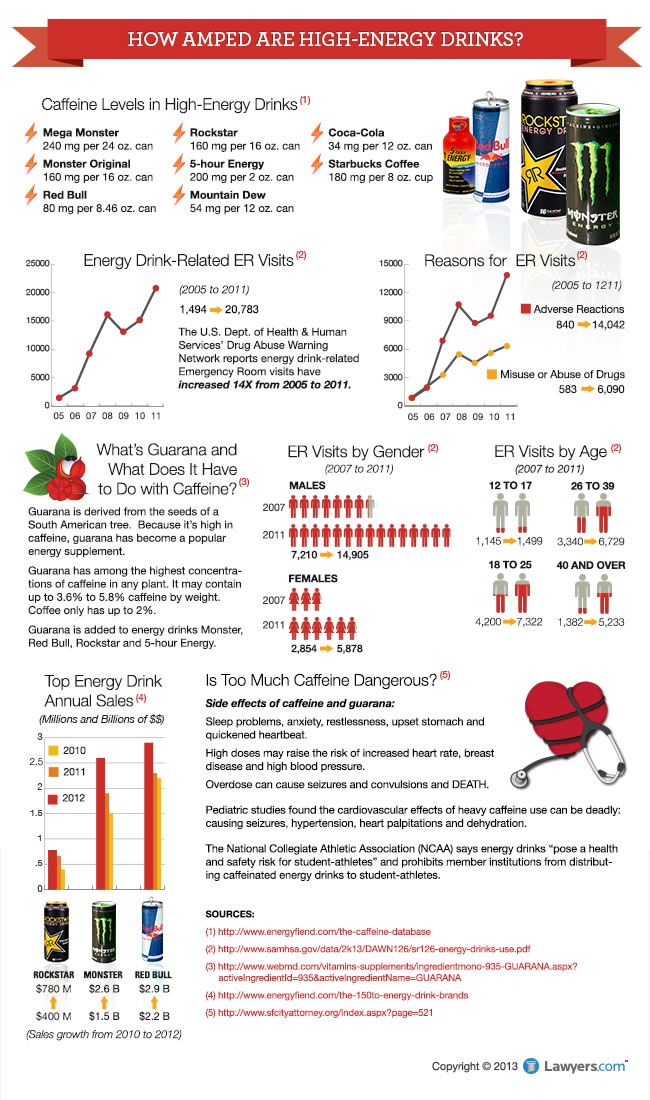 *
*
We chose to incorporate Omega-3 plant based DHA into our B12 drink mix because this ingredient is known to boost mood and cognition. With constant hormonal fluctuations—this can be a key factor in balancing a mama out! Not to mention it’s wonderful not having to swallow an extra Omega-3 fish-tasting pill. We incorporated 2g of Fiber because it curbs fatigue plus the added benefit of regularity. Additionally, Premama Energy Boost Drink Mix is gluten-free, vegetarian and non-GMO.*
Whether you are pregnant, planning for baby or breastfeeding, we are so excited for our Premamas to get some much-needed natural energy for pregnancy with Premama Energy Boost Drink Mix.
Have you tried Premama’s Prenatal Energy Drink Mix for pregnant women? Tell us what you think at [email protected] or tag us on Instagram @premamawellness.
*These statements have not been evaluated by the Food and Drug Administration. This product is not intended to diagnose, treat, cure, or prevent any disease.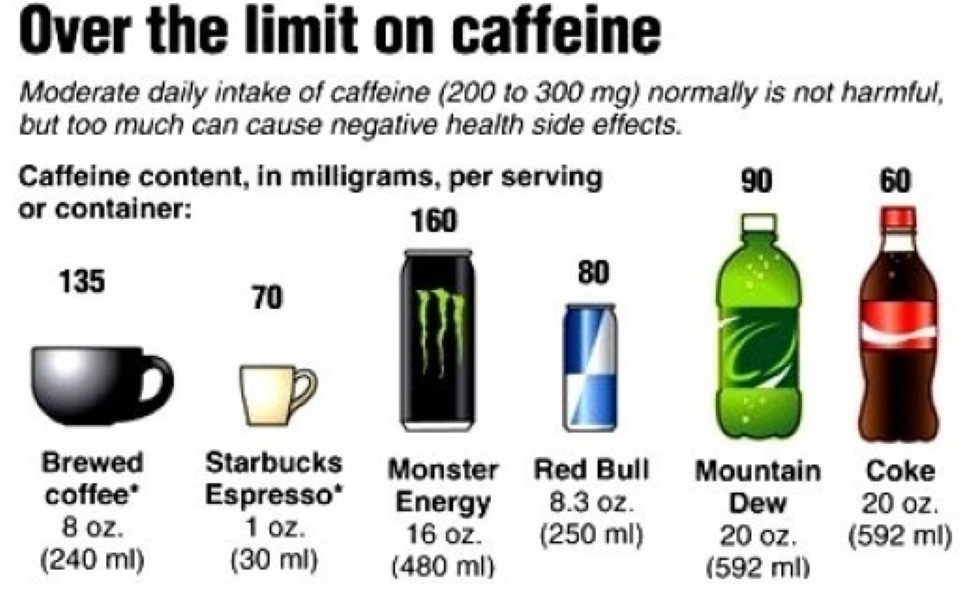
products mentioned in this article
Aides Carry
Energy Boost Drink Mix*
- Regular price
- $24.99 Subscribe and Save 20%: $19.99 Subscribe and Save 20%: $19.99
- Sale price
- $24.99 Subscribe and Save 20%: $19.99 Subscribe and Save 20%: $19.99
- Unit price
- /per
Save Sold out
Aides Carry SAVE $34.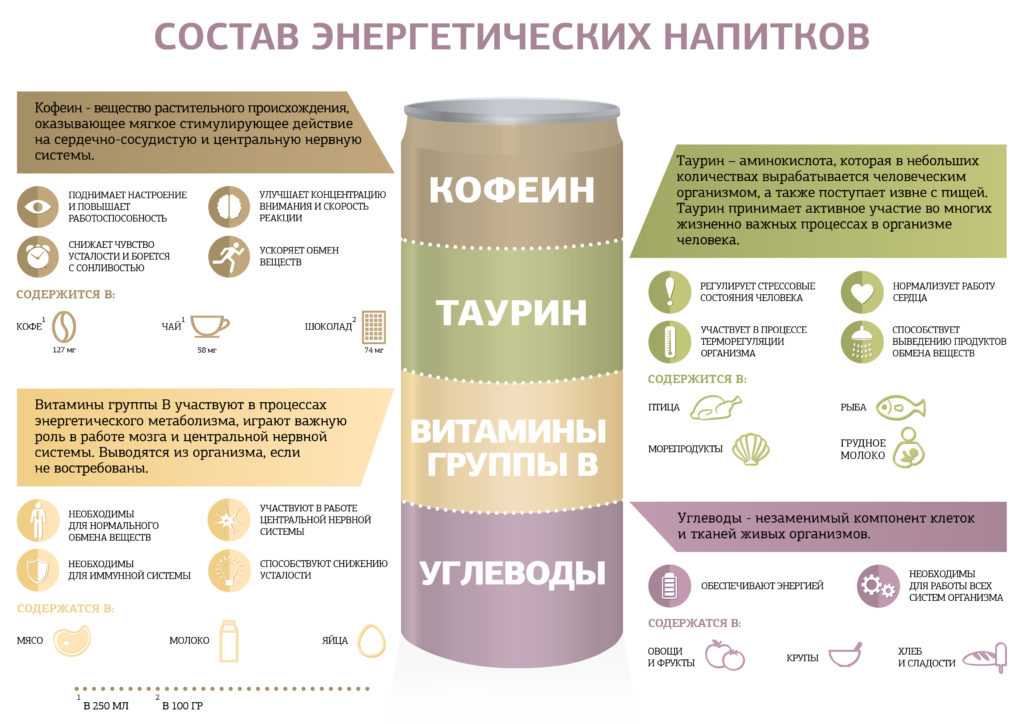 99
99
Pregnancy Bundle*
- Regular price
- $84.96
- Sale price
- $84.96
- Regular price
-
$119.95 - Unit price
- /per
Save Sold out
Use left/right arrows to navigate the slideshow or swipe left/right if using a mobile device
Coffee and energy during pregnancy - is it possible or not?
Drinking coffee and energy drinks has become a habit for many, so many women are worried about whether they can continue to drink during pregnancy?
One of the main components of coffee and energy drinks is caffeine, which stimulates the central nervous system and causes cheerfulness in the body. For this reason, coffee or energy drinks are usually drunk to focus on important work or stay awake.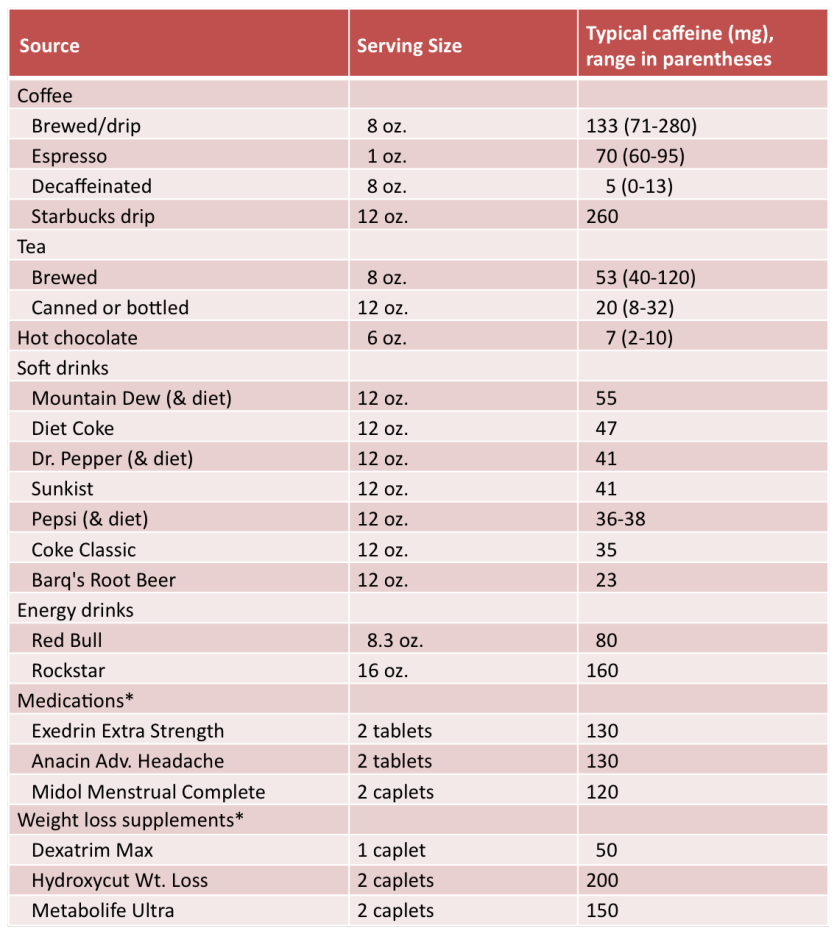 However, excess caffeine in the body can lead to disorders such as hypertension, heart palpitations, nervousness, dizziness, abdominal pain, and diarrhea.
However, excess caffeine in the body can lead to disorders such as hypertension, heart palpitations, nervousness, dizziness, abdominal pain, and diarrhea.
How do energy drinks and coffee affect children, what are the risks, whether they can use them - we have already written.
Possible risk
First, let's look at what additional risks caffeine creates for pregnant women. Firstly, the body of a pregnant woman digests it 2-3 times slower than a normal body. Secondly, part of the caffeine passes into the placenta and enters the bloodstream of the embryo.
American gynecologists Xiaoping Weng, Roxana Odouli and De Koon-Lee investigated the effects of caffeine on pregnancy in 2008. They concluded that the maximum allowable dose is 200 mg per day, which is about the same as 1 cup of coffee. Regular excess of this dose creates the risk of miscarriage, premature birth or the birth of a child with insufficient weight.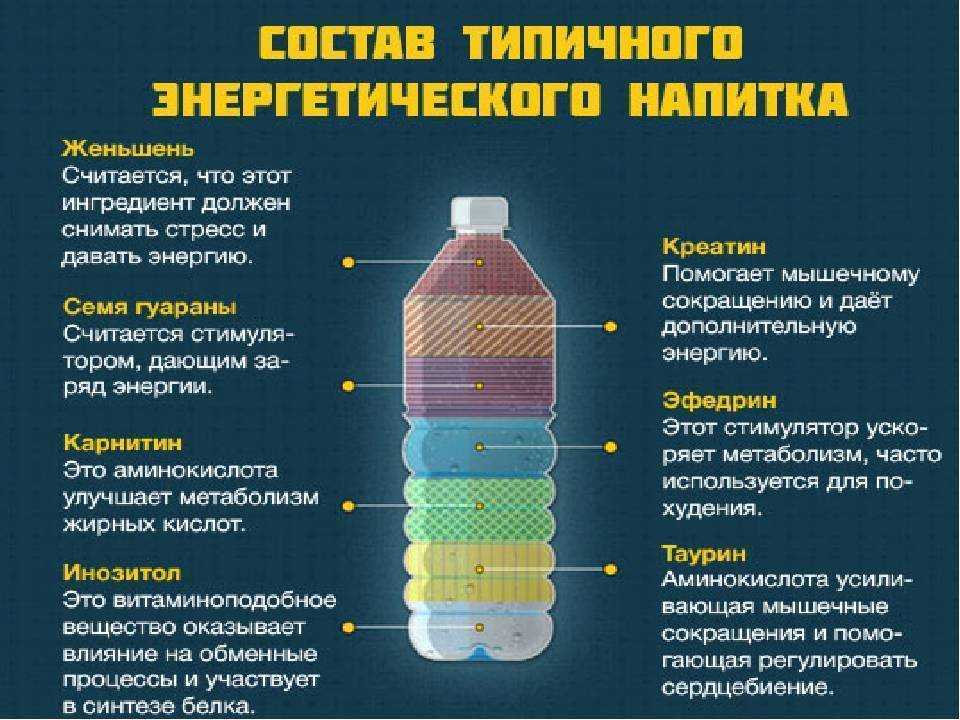
Of course, it is worth remembering the general dangers of caffeine overdose, the symptoms of which can occur not only in pregnant women.
Which foods contain caffeine?
Caffeine is found in: coffee, tea, cola, energy drinks, chocolate and some medications. The table below shows their caffeine content per standard serving.
| Product or drink | Caffeine, mg | ||
| Natural Coffee, 200 g | 80-200 | ||
| Caffeine ”, 200 g | 2-15 | ||
| ice cream or yogurt with coffee taste, 100 g | 2 | ||
| 15-60 | |||
| cocoa, 3 teaspoons per cup for a cup. | 8-12 | ||
| cola, 300 g | 30-45 | ||
| Chocolate milk, 200 g | 5-8 | Dark Chocolate, 40 g | 30 |
.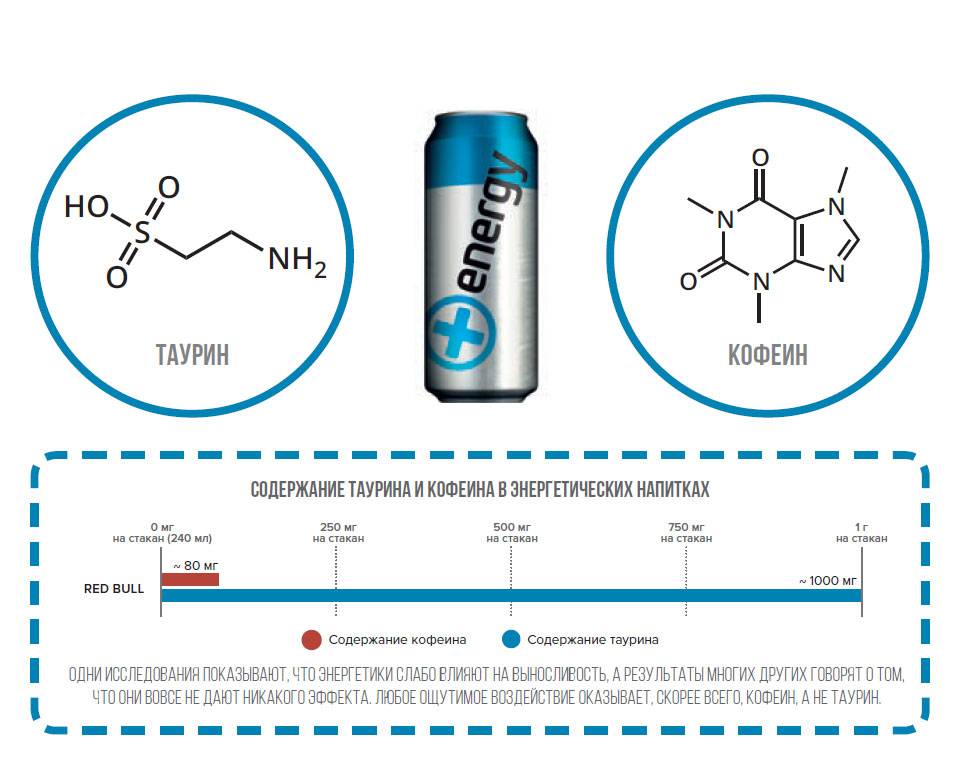 40 g 40 g | 11 | ||
| Chocolate syrup, 1 tablespoon | 26-28 | ||
| Energy *, 200-300 g (one bank) | 50-400 |
* for each for each energy drink manufacturer - its own composition, hence such a large spread. So, jar Red Bull contains 80 mg of caffeine and Hyde Extreme contains 400 mg.
For caffeinated medications, these include certain cold, migraine and pain medications. Pregnant women should talk to their doctor about which of these medicines they can take. Of course, the presence of caffeine in medications means that you will have to cut the amount of it in the diet.
It's not just the caffeine
It's not a good idea to cut out everything that contains caffeine completely: some foods and drinks contain vitamins, antioxidants and other essential substances that compensate for the harmful effects of caffeine. These products include primarily various herbal teas and dark chocolate (however, it has more caffeine than milk chocolate).
After consulting the table, we will understand that the lowest risk of overdose is created by decaffeinated coffee, tea, cocoa, milk chocolate and chocolate milk, and the highest is energy drinks. By the way, there are no substances in energy drinks that could compensate for the harm of caffeine (or rather, they are there, but in too small quantities to bring real benefits). Conclusion: Pregnant women should not drink energy drinks .
Regular coffee falls into the "middle group" for caffeine. If you're pregnant, one cup a day won't cause you to overdose on caffeine, but you'll need to keep a close eye on other caffeinated products.
As for cola, it has less caffeine than energy drinks or even coffee. But it is better to refrain from it for another reason: it is notorious for being a source of extra calories and sugar, and there will be no benefit from it.
Source: crispy.news
Can I drink decaffeinated coffee during pregnancy?
Coffee is a popular caffeinated drink known for its energizing and stimulating effects.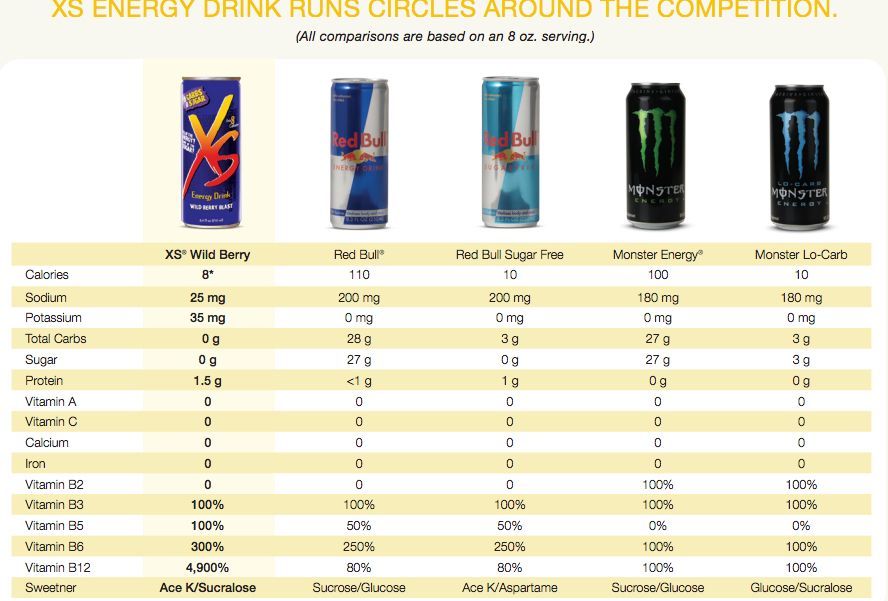
However, pregnant women may choose to reduce or eliminate caffeine to avoid potential health risks.
Decaffeinated coffee is a popular alternative that can provide the taste of coffee without a lot of caffeine.
Yet decaffeinated coffee still contains a small amount of caffeine, which may make some women wonder if it is safe to drink it during pregnancy.
This article tells you everything you need to know about decaffeinated coffee and pregnancy.
- Caffeine and pregnancy
- Caffeine content
- How much is safe
Caffeine and pregnancy
Caffeine is a stimulant found in various plants, including coffee, cocoa and guarana, which may have positive effects on neurological conditions, diseases heart, liver, diabetes, and some types of cancer.
However, caffeine is broken down more slowly during pregnancy and may cross the placenta into the blood of a growing baby, where it cannot be broken down.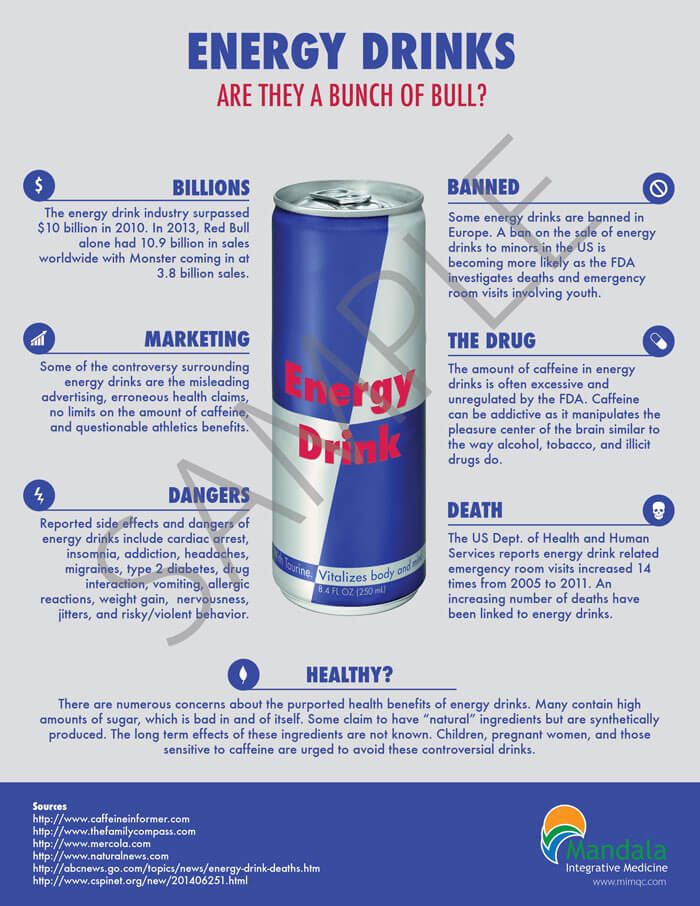
Although the exact mechanisms are not known, some studies have linked high caffeine intake during pregnancy to low birth weight, growth restriction, miscarriage, and an increased risk of childhood overweight.
However, the precise association of caffeine with poor pregnancy outcomes is still an active area of research and its effects can vary greatly from person to person.
Based on current knowledge, the American College of Obstetricians and Gynecologists (ACOG) recommends that pregnant women consume no more than 200 mg of caffeine from all sources per day.
One cup (240 ml) of brewed black regular coffee contains 96 mg of caffeine. Therefore, most guidelines recommend limiting regular coffee consumption to about 2 cups (475 ml) per day.
Summary: Caffeine is a stimulant found in a variety of plants, including coffee, cocoa, and guarana. High caffeine intake may be associated with some adverse birth outcomes, so pregnant women are advised to limit their caffeine intake to 200 mg per day.
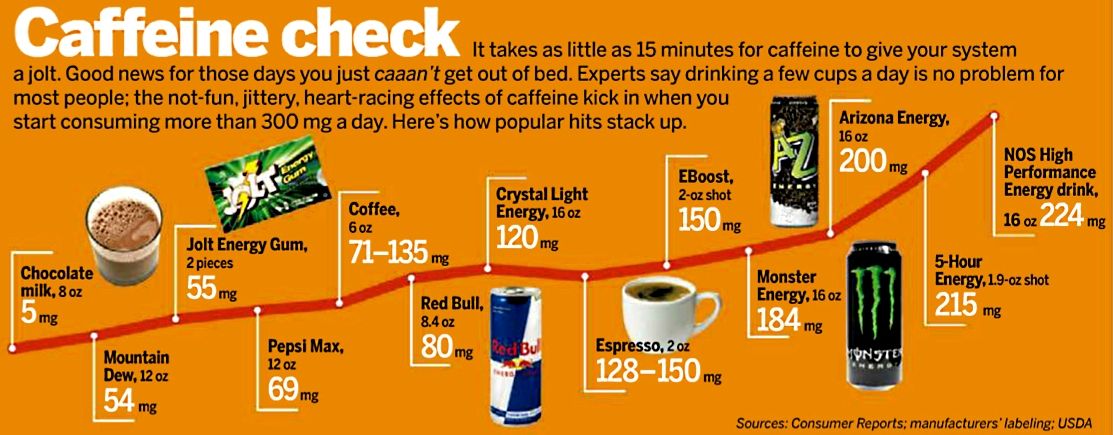
How much caffeine is in decaffeinated coffee?
“The abbreviation 'Decaf' means 'decaffeinated' and refers to coffee that has had at least 97% caffeine removed from its beans during processing.
We offer you: Is it safe to eat coffee beans? Benefits and dangers of
While most of the caffeine is removed, a tiny amount remains.
A brewed cup (240 ml) of decaffeinated coffee contains approximately 2.4 mg of caffeine, while a decaffeinated espresso (60 ml) contains approximately 0.6 mg.
Compare this to the amount of caffeine found in other foods and drinks:
- Regular espresso: 127 mg per 2 oz (60 ml) serving
- Regular brewed coffee: 96 mg per 8 oz ( 240 ml) serving
- Dark chocolate: 80 mg per 3.5 oz (100 gram) serving.
- Energy drinks: 72 mg per 8 oz (240 ml) serving
- Infused black tea: 47 mg per 8 oz (240 ml) serving
- Cola: 33 mg per 12 oz (355 ml) serving
- Hot Chocolate: 7 mg per 8 oz (240 ml) serving.
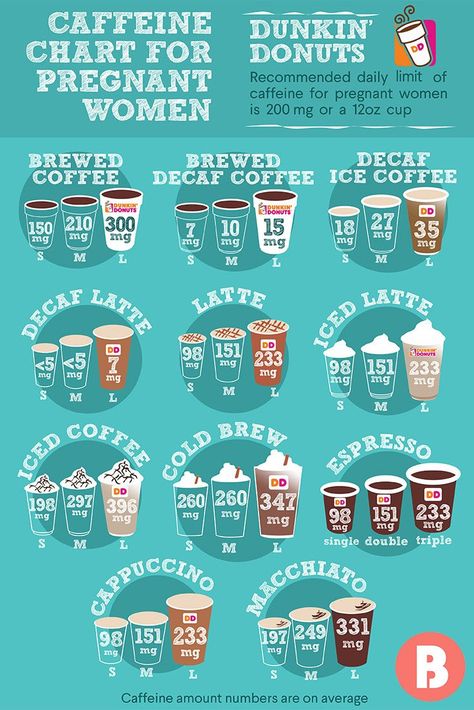
The amount of caffeine in decaffeinated coffee is minimal compared to other caffeinated products.
However, it is important to note that some commercial decaffeinated coffees may contain higher amounts of caffeine. For example, one study found that commercial decaffeinated coffee contains almost 14 mg of caffeine per 16-ounce (475 ml) serving.
Although these amounts are still small, if you drink a lot of decaffeinated coffee or consume other caffeinated products, it may be a good idea to double-check the caffeine content of the variety you buy.
General Information: Decaffeinated coffee contains 2.4 mg of caffeine per 8 oz (240 ml) cup. This is significantly less than what is found in regular coffee and other sources of caffeine such as dark chocolate, energy drinks, tea and cola.
How much decaffeinated coffee is safe during pregnancy?
There is no official recommendation for decaffeinated coffee and pregnancy.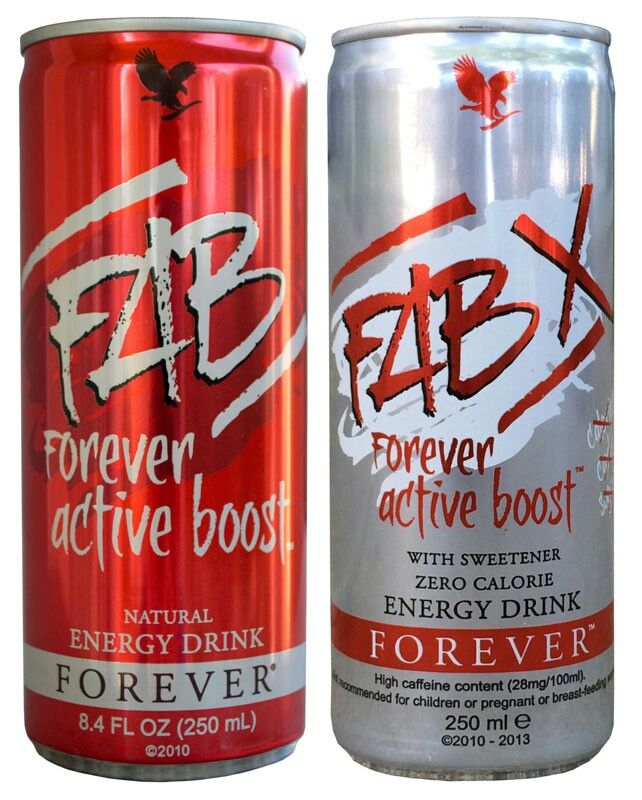
Here are 10 foods and drinks that contain caffeine
However, the very low amount of caffeine in decaffeinated coffee makes it most likely safe for moderate consumption during pregnancy.
However, some argue that decaffeinated coffee increases the risk of miscarriage.
Most of these claims seem to be based on research 1997, which showed that women who drank three or more cups (710+ ml) of decaffeinated coffee during the first trimester of pregnancy had a 2.4 higher risk of miscarriage than women who did not drink coffee.
One 2018 study found similar results.
However, it is important to note that the study authors stated that the results were most likely due to a bias in the study data set, and not to the decaffeinated coffee itself.
Therefore, replacing your morning cup of coffee with decaffeinated coffee should not be a cause for concern.
If you want to go completely caffeine-free during pregnancy, choose decaffeinated hot drinks such as pregnancy-safe herbal and fruit teas, hot water with lemon and honey, golden milk, and non-alcoholic mulled wine.